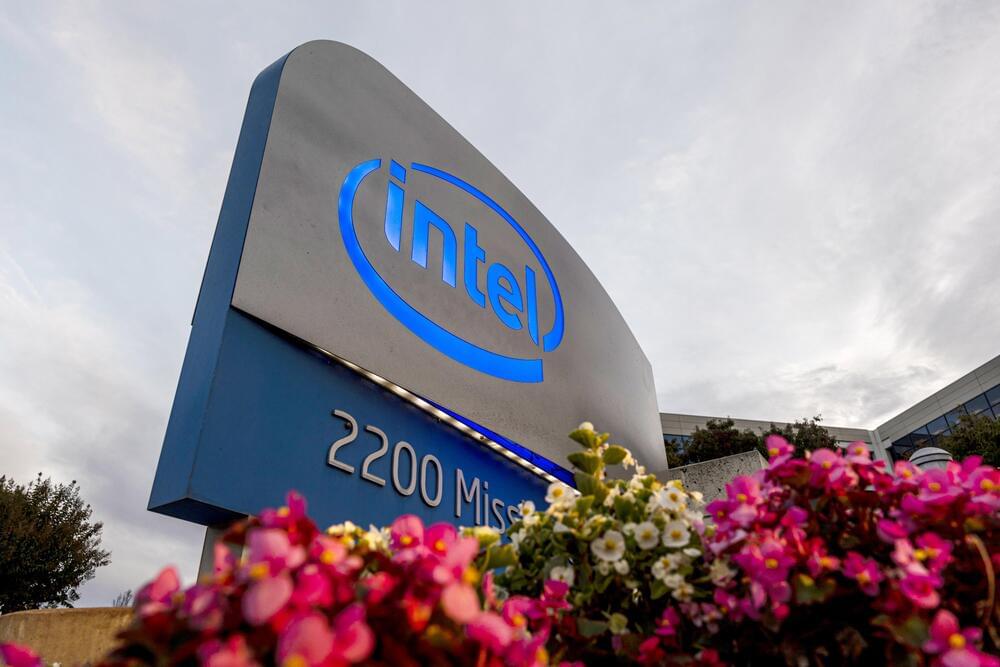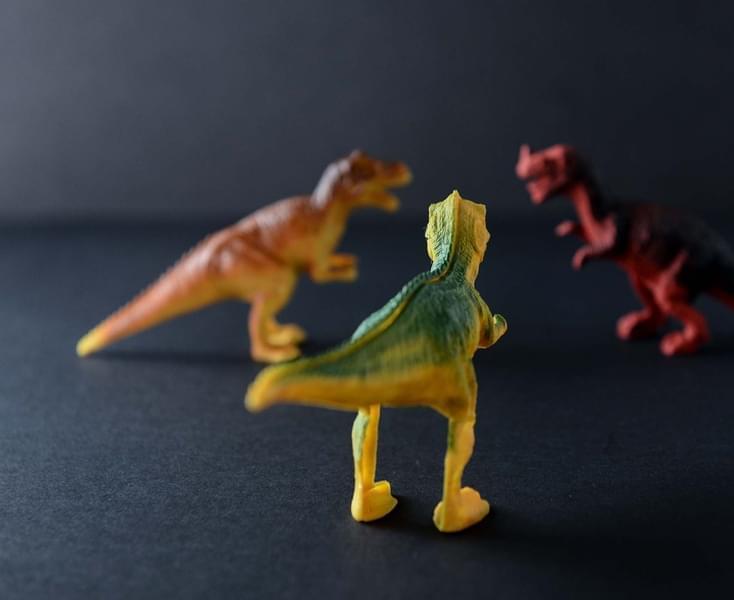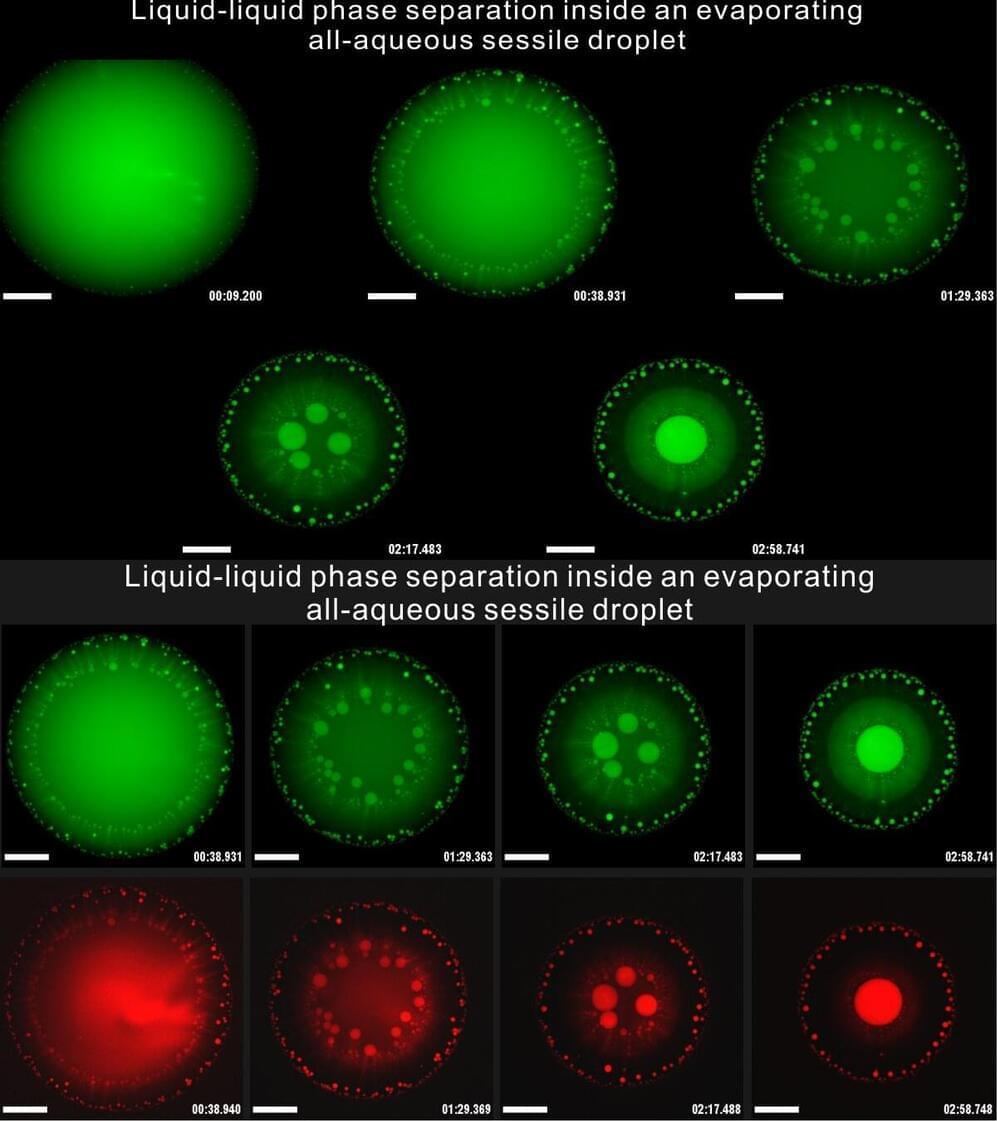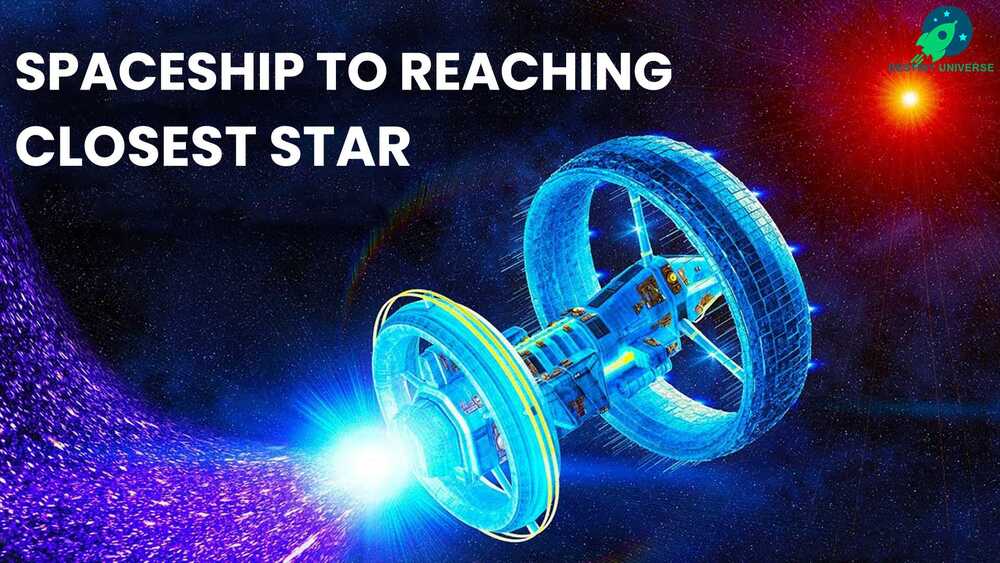Some studies find students don’t learn as well by reading on screens as from paper. But that’s not always true. Here’s how to make the most of reading in either format.



Rome is drawing up an offer to try to convince Intel to invest billions of euros in an advanced chipmaking plant in Italy, as Germany emerges as frontrunner to land an even bigger megafactory planned by the U.S. company, three sources said.
The plants would be part of a drive by the U.S. group to build cutting-edge manufacturing capacity in Europe to help avoid future supply shortages of the kind currently crippling the automotive industry in particular.
Rome is already in talks with Intel about the potential investment, which according to preliminary estimates would be worth more than 4 billion euro ($4.7 billion), the sources who are involved in the discussions said.



Fossils indicate a communal nesting ground and adults who foraged and took care of the young as a herd, scientists say.
To borrow a line from the movie “Jurassic Park:” Dinosaurs do move in herds. And a new study shows that the prehistoric creatures lived in herds much earlier than previously thought.
Full Story:

Rearing animals for human consumption and clearing land to grow their feed causes untold environmental damage. Mass-producing plant-based proteins could be equally unsustainable. New technologies are being developed to grow pork, beef and chicken-like tissue in the lab, but can output be upscaled enough to make a real difference?
#agriculture #foodproduction
► To learn more, visit our website — https://channels.ft.com/en/foodrevolution/
► Watch more videos from this series here — https://bit.ly/30WT7qx
► Check out our Community tab for more stories on the economy.
► Listen to our podcasts: https://www.ft.com/podcasts.
► Follow us on Instagram: https://www.instagram.com/financialtimes’
Beyond vowels and consonants, complex tonal melodies might be lost to history if not documented in endangered and Indigenous languages.

The magic of the digital industrial revolution lies in gifting the spark of intelligence to every piece of industrial equipment. But the true full value of the digital-industrial revolution can only be unlocked by turning every intelligent machine into a fully integrated member of the team.
Every corporate leader knows that the rapid and efficient flow of information plays an essential role in making a team effective: it allows all team members to have a complete view of the process, to learn from new incoming information and to react in a coordinated way to unexpected developments. Over time, technology has developed new ways for human colleagues to collaborate more effectively, exchanging documents, videos and ideas – Slack is perhaps the most well-known example.
